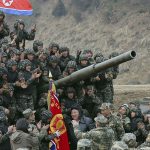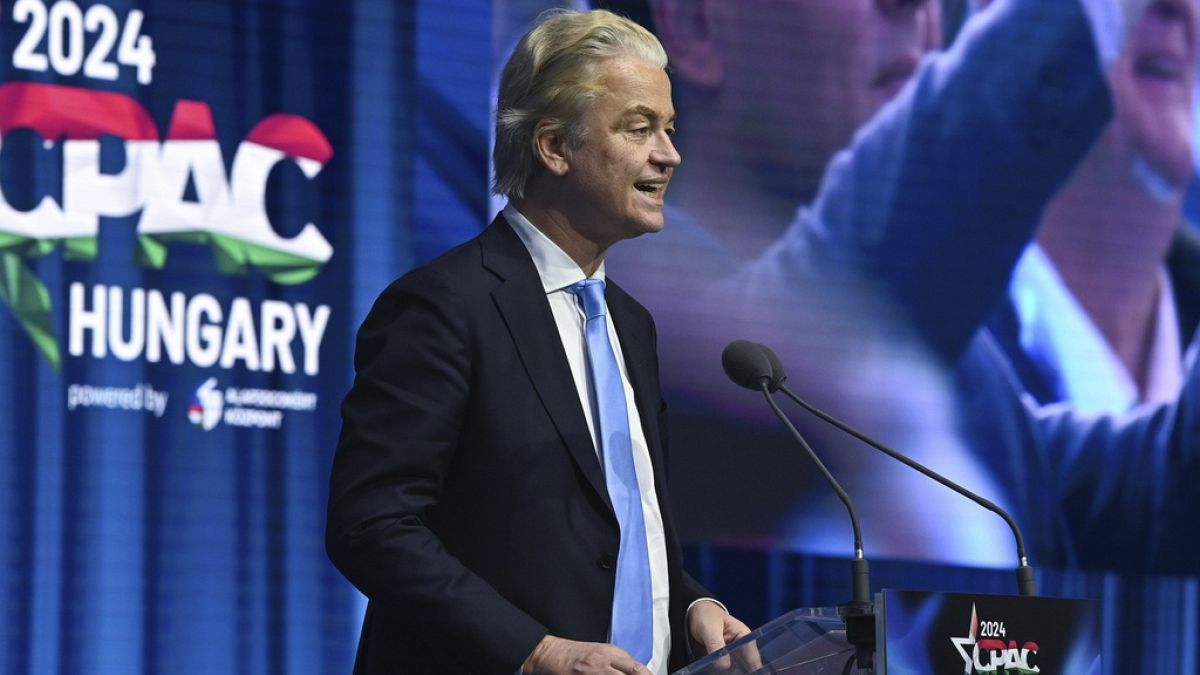Six months after his far-right Party for Freedom (PVV) won the Netherlands national elections, Geert Wilders has reached a deal to form a four-party coalition government. The coalition includes the PVV, People’s Party for Freedom and Democracy (VVD), New Social Contract (NSC), and Farmers-Citizens Movement (BBB). Despite his party’s success, Wilders does not expect to become prime minister due to his extreme views, but his party will play a significant role in the coalition. This move could signify a shift towards the hard right in the Netherlands, with potential implications for the upcoming EU-wide elections.
With hard-right and populist parties already leading several governments in the EU, the potential gains for these parties in the upcoming EU polls on 6-9 June are significant. Wilders expressed confidence in the coalition’s success, stating that he believes they will come to an agreement. However, the question of who will become prime minister remains unanswered. The coalition holds a comfortable majority of 88 seats in the 150-seat lower house of the Dutch parliament, giving them significant power to push through their agenda.
After spending two decades in the opposition, Wilders seemed to have a chance at leading the nation known for its tolerant society. However, he has decided to step aside and allow other members of the coalition to potentially take on the role of prime minister. This decision reflects his commitment to prioritizing the implementation of his party’s agenda over personal ambitions. From Finland to Croatia, hard-line right parties are now part of European governing coalitions, with countries like Hungary, Slovakia, and Italy being led by hard-right prime ministers.
The rise of far-right and populist movements in Europe has been a growing trend in recent years, with countries like Hungary, Slovakia, and Italy taking a hard-right turn in their leadership. The decision of the PVV to join a coalition government in the Netherlands could further solidify this trend and give more power to these movements across the EU. The potential gains for these parties in the upcoming EU-wide elections could further shift the political landscape in Europe towards the hard right.
As Wilders and his allies move forward with their coalition government, the implications of their actions on Dutch society and the EU as a whole remain to be seen. The move towards a hard-right coalition in the Netherlands could have lasting effects on the country’s political landscape and its relationship with the EU. The upcoming EU-wide elections will provide further insight into the growing influence of far-right and populist movements across the continent. It is clear that the rise of these movements is reshaping the political dynamics in Europe and could have far-reaching consequences for the future of the EU.











